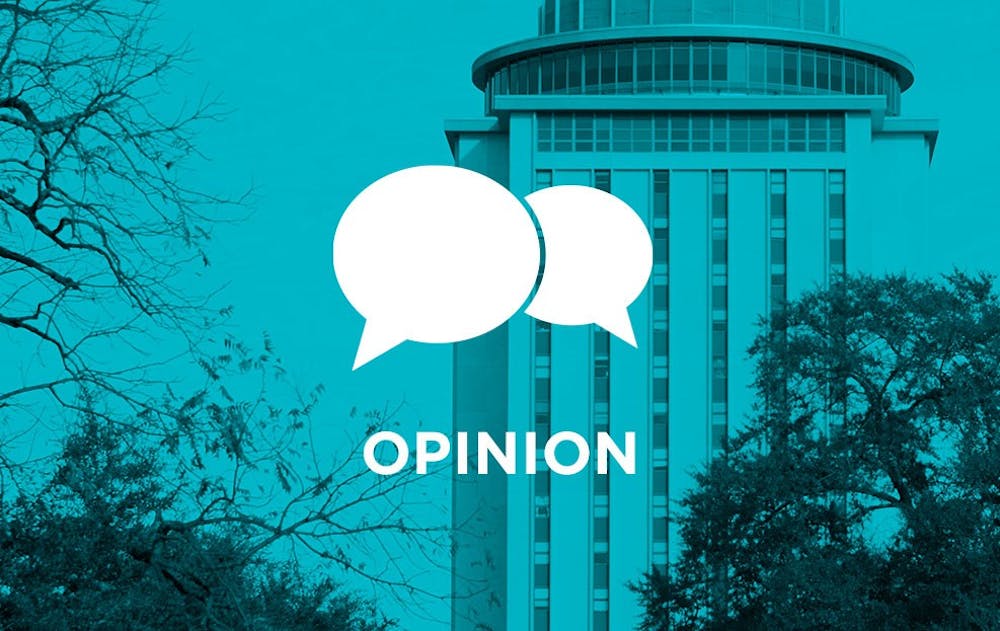One of the most frequently heard complaints of the 2016 election cycle was that the news media was biased in one direction or the other. It’s not that that complaint is never true. There are certainly instances where a news organization publishes biased information under the guise of “reporting.” But often the gripe stems from one of two things: an inadequate understanding by the reader of what the difference is between news coverage and opinion writing, or an inadequate separation by the media outlet between those things.
Media outlets have a responsibility not to blur the line between opinion pieces — like news analysis and op-eds like this one — and news reporting, which should be purely factual and leave the writer’s point of view out of it. Equally, media consumers have a responsibility to critically evaluate what they’re reading and understand the distinction between the two. Both parties frequently fall short of those responsibilities.
For example, the New York Times sometimes publishes opinionated pieces outside of its dedicated opinion section without clearly marking that they are, in fact, representing the views of their individual authors. Likewise, programs like Fox and Friends claim they “report on famous faces, health, politics, and news,” but their “reporters” preface stories with biased and potentially unfair phrases like “another attempt to silence conservatives” before they cover the factual events. This is not an isolated phenomenon. Websites like the Huffington Post, Breitbart and many others follow the same pattern of blurring the line between facts and individual perceptions of facts.
As the opinion editors at The Daily Gamecock, we have a unique perspective on how our paper falls into this media environment. Our paper takes precautions to avoid writing like ours slipping into actual news reporting. Writers who write for us are not allowed to write for news so that our news reporters’ objectivity cannot be challenged on the basis of their other writing with our paper. News reporting is subject to extra editorial controls, such as removing opinionated statements and even certain words from their writing — writers covering news and events can’t use words like “good” or “bad,” for instance, or even subtler descriptors that color their writing with their perspective. When the paper expresses its opinion via editorial boards, news editors are not allowed to participate. Our opinion section is clearly marked to make our readers aware that it isn’t news — and headlines that start with “Column:” denote writing that is not objective, even when it is not part of the self-contained opinion section.
In many ways, the news-opinion divide is clearer in our paper than in some larger news outlets, for a variety of reasons. Partially, because we’re students and expect to mess up more than a major journalistic organization would, we have implemented much stricter oversight to address our correspondingly higher risk of failure to divide our reporters’ opinions from their writing. Additionally, it may be more difficult to exert consistent editorial control over a more complicated organization than ours.
Furthermore, what may seem extremely clear to editors on our side of the computer screen or teleprompter may be a muddier divide to the casual reader or viewer. The two of us, and the writers who work in our section, routinely pick words specifically to denote our opinion, but those nuances might be lost on people who haven’t had as much experience with the inner workings of a news outlet as we have.
This is a common problem across all media outlets — we may not intend to mislead or misguide the people who consume our content, but the potential always exists because the line is not always clear on our end.
But we can only do so much. Some of the responsibility of distinguishing reporting from opinion lies with the reader. Even though we do our best to follow every rule we’ve just laid out, people still sometimes comment on our section’s writing asking us why our reporting is so biased. The answer, of course, is that we’re not reporting. Our intention is to be biased — we make that as plain as we can. We try to hand the reader all the tools to distinguish between news and opinion, but at a certain point, what they do with those tools is up to them.
Inevitably, our section’s biases will make some people mad. That’s par for the course. The mere presence of bias, however, doesn’t mean we aren’t doing our jobs. On the contrary, it’s quite literally our job description.

